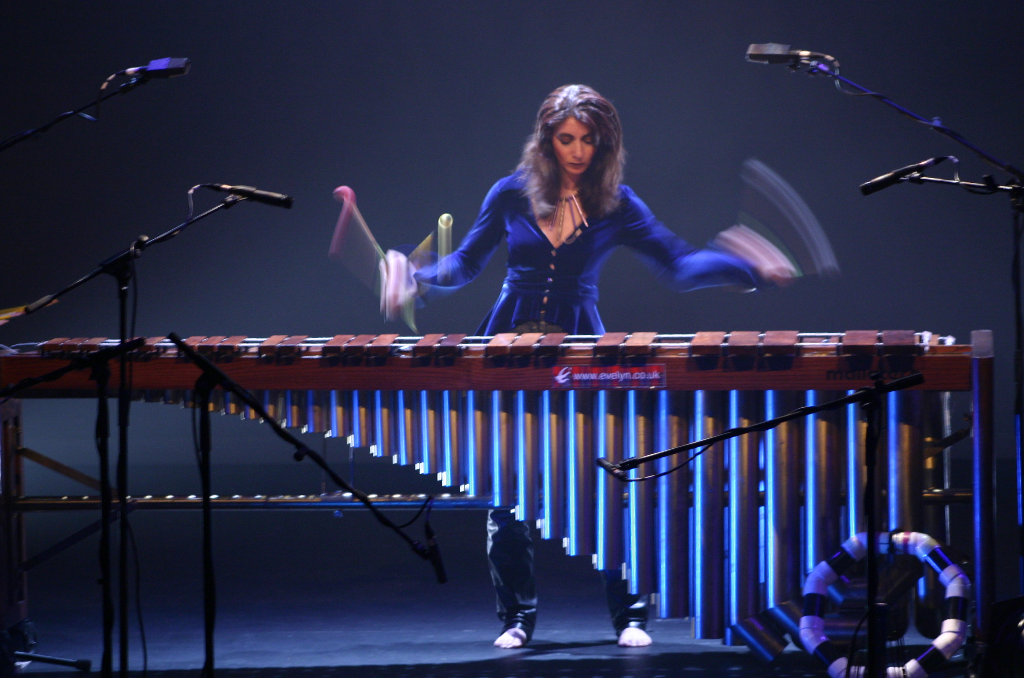In response to a question from Lisa in Sweden who mentioned that she is currently doing a photo documentary project at a church involving many shoots of musicians and also listeners attending the services and events.
Lisa said “If you have any thoughts on how to really show the making of music and the act of listening in photography I’d be really keen to hear your opinion” – I would like to suggest Lisa concentrates on taking close up images of the people who are actually listening to music or playing music concentrating on the detail.
In my opinion good musicians ‘experience’ the music and listeners relay the music being played to something meaningful in the brain. As we do this our bodies, both as musicians and listeners, often reflect our feelings and emotions.
If we are listening to an upbeat piece of music we may tap with our toes or fingers. Alternatively if the music is soft and gentle we may relax or sway with the rhythm.
Likewise if we are keen to be educated about something we demonstrate this by paying attention. We engage with the tutor. Eye contact becomes key as we listen carefully.
Ultimately, the human has to create the sound, even if it’s done electronically and the human has to participate in the listening process. Therefore I believe that by capturing the human activity of listening and creating sound is the key.
Utilising the idea that the audience is part of the performance/event by how they sit, tilt their head, position of body, where the eyes are focussing, young, old, formal, informal and so on seems to me to be one way of demonstrating visually how that person is feeling and what they are engaging with which leads to the question for the tutor – is that person listening to what I am saying? Can I see that from their body language if they understand what I am teaching them?
The same applies for musicians, by concentrating on close ups of limbs such as the movement and mechanics of fingers or facial muscles you should be able offer the viewer an ability to see effort, strength and how the body is supporting the instrument and vice versa.
Try to capture movement of bows or mallets. Examine how feet move when playing. By allowing movement into your photographs you will be demonstrating the whole and parts of the body and how it is experiencing the sound.
This should create an album of total experience from the action of creating the sound to the activity of listening – what do you think?
Image: James Wilson (© Evelyn Glennie)
Share this Post

